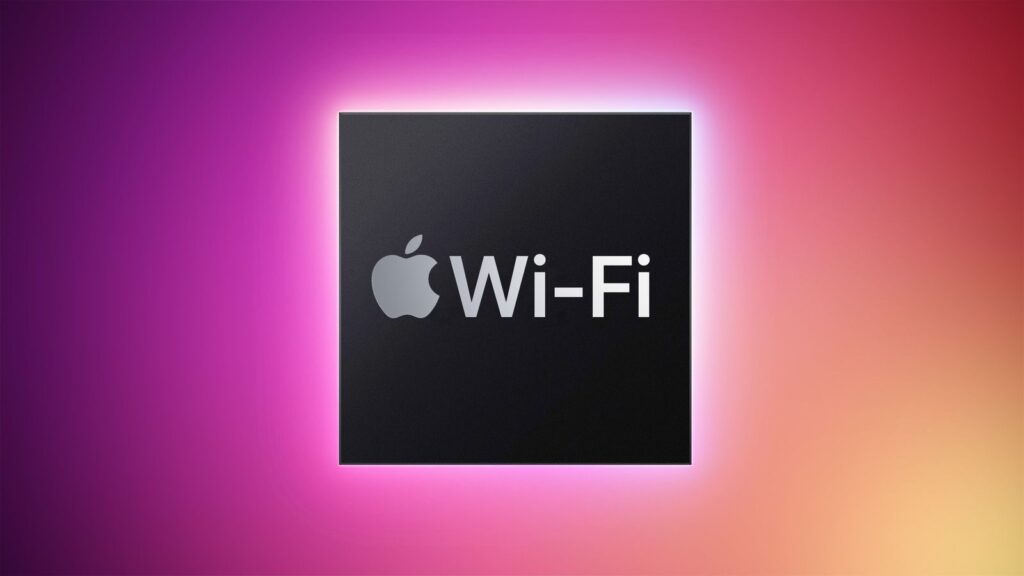Apple unveiled the iPhone 16e yesterday, marking a significant milestone with the introduction of its first self-developed 5G modem, which replaces the Qualcomm modems previously used in iPhones. This move signals Apple’s growing commitment to developing key connectivity chips in-house. A new report suggests that Apple will continue this trend with the upcoming iPhone 17 lineup, expected to launch this fall. According to the report, all iPhone 17 models will feature Apple’s first self-developed Wi-Fi chip.

This new Wi-Fi chip will replace the Broadcom chips Apple currently relies on for wireless connectivity. The information comes from Ming-Chi Kuo, an analyst with a strong track record on Apple’s supply chain. Kuo also reveals that the iPhone 17 Air will not only feature Apple’s new Wi-Fi chip but will also use the Apple C1 modem, which first appeared in the iPhone 16e. This marks a shift toward complete in-house control over key connectivity components.
For the iPhone 17, iPhone 17 Pro, and iPhone 17 Pro Max, the devices will use Qualcomm modems paired with Apple’s new Wi-Fi chip. This strategy appears to be part of Apple’s broader effort to reduce reliance on external suppliers like Qualcomm and Broadcom. While there’s a clear cost-saving advantage to developing these chips in-house, Kuo also points out that the switch to Apple’s Wi-Fi chip is expected to improve connectivity across Apple’s entire ecosystem of devices. The full impact of this change, however, remains unclear.
In the long term, this move positions Apple to have more control over its hardware and software integration, which could enhance the overall user experience. The iPhone 17 is shaping up to be a major step in Apple’s push to control more of its core technologies.






